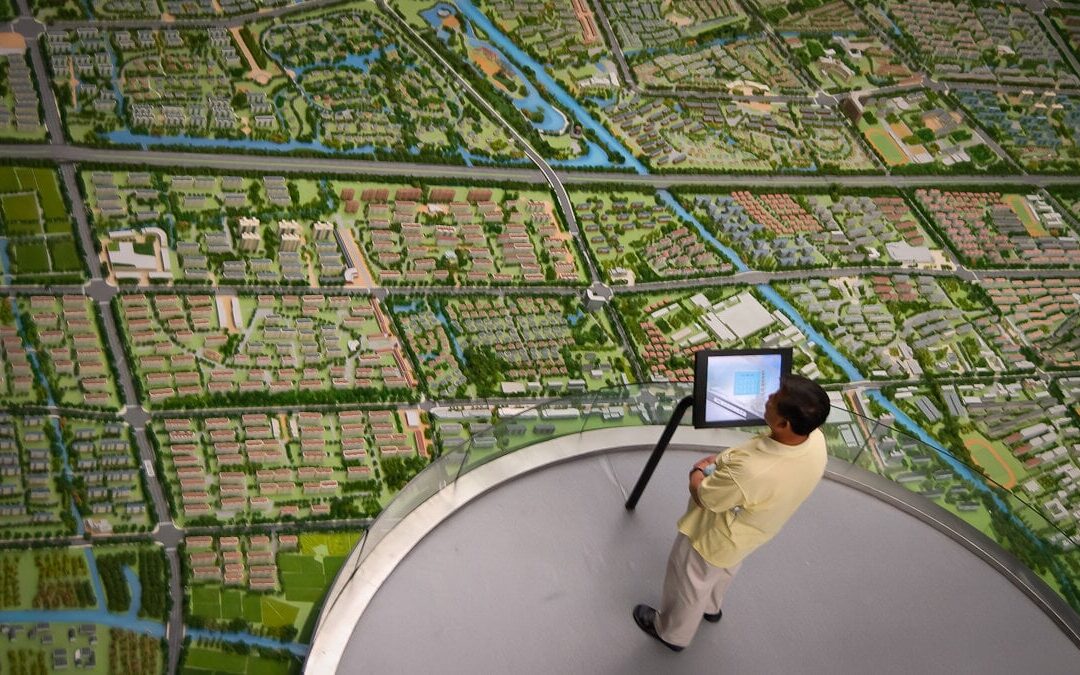
What do city administrations need to tackle climate change effectively?

Image Credit: Blaine O’Neill / CC BY-NC 3.0
One aim of the LOCALISED project is to support smaller cities and regions in setting up ambitious climate action plans towards net-zero emissions as soon as possible. This will happen through the »Decarbonisation Profiler«, a state-of-the-art planning tool which will be available from early spring 2025. To guarantee that this tool is both useful and user-friendly, the LOCALISED project partners have been conducting several stakeholder interactions coordinated by the Climate Media Factory (CMF) (some first insights from this process can be found in this Deliverable).
Beyond the user experience level, we also want to better understand the political processes within which the Decarbonisation Profiler will be integrated. How do cities around the world govern the socio-ecological complexities of urban climate politics? And what do city administrations need to not only draft, but also implement effective and socially just climate policies?
To find answers to these questions, Tobias Gralke from the Climate Media Factory has been talking to multiple experts in urban climate politics throughout the last months. To see what can be learned from bigger cities for climate politics in smaller ones, he also went on a research trip to Tokyo in August 2023.
Many of the collected insights confirm the importance of considering political processes in the tool development, e.g., negotiations between different sectors and government departments or social conflicts that occur in the implementation of certain measures. Conceptually, this is a big difference: does a tool “only” suggest suitable measures and instruments to set up a climate plan or does it also stimulate open discussions within city administrations and urban civil societies?
Why this is important in practice, can be observed in Tokyo. The Metropolitan Region has published several ambitious climate strategy papers. These are, however, less impressive when it comes to their implementation. The current conflict around the Jingu Gaien Park, for instance, highlights the obvious contradictions between the explicit goal of making Tokyo a „city filled with water and greenery“ (Tokyo Sustainability Action 2023, p. 75) and the plan to cut down more than 1000 trees in this popular public space. More participation opportunities for citizens would arguably have helped (if not avoided such conflicts) to co-create shared, alternative plans for bringing Tokyo’s abstract sustainability strategy into a more concrete reality. The conflict also shows, however, the transformative potential of urban climate politics. While climate communication on national and international levels often remains abstract and technical, climate policies on the local scale can be more relevant for citizens because they directly affect their everyday environment. The people protesting against the redevelopment plans of Jingu Gaien Park are not primarily concerned about the tree felling but rather refer to other meanings of the place (e.g. the cultural importance of the baseball stadium on site).
How to consider these kinds of political and processual factors in the tool development will be a task for the upcoming months. Starting in November 2023, the Climate Media Factory will conduct a series of focus group workshops with potential future users from local and regional administrations in Europe to test and collect feedback on the different Profiler versions.
If you’re interested in discussing and/or testing the tool development with us, you’re more than welcome to get in touch with Tobias Gralke.

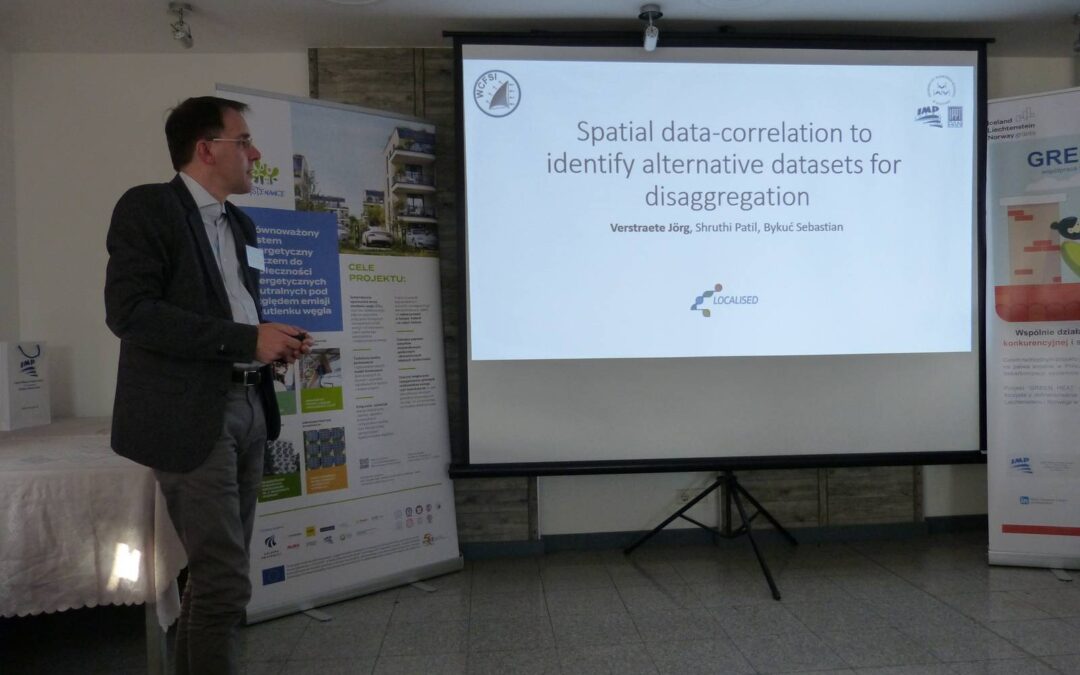
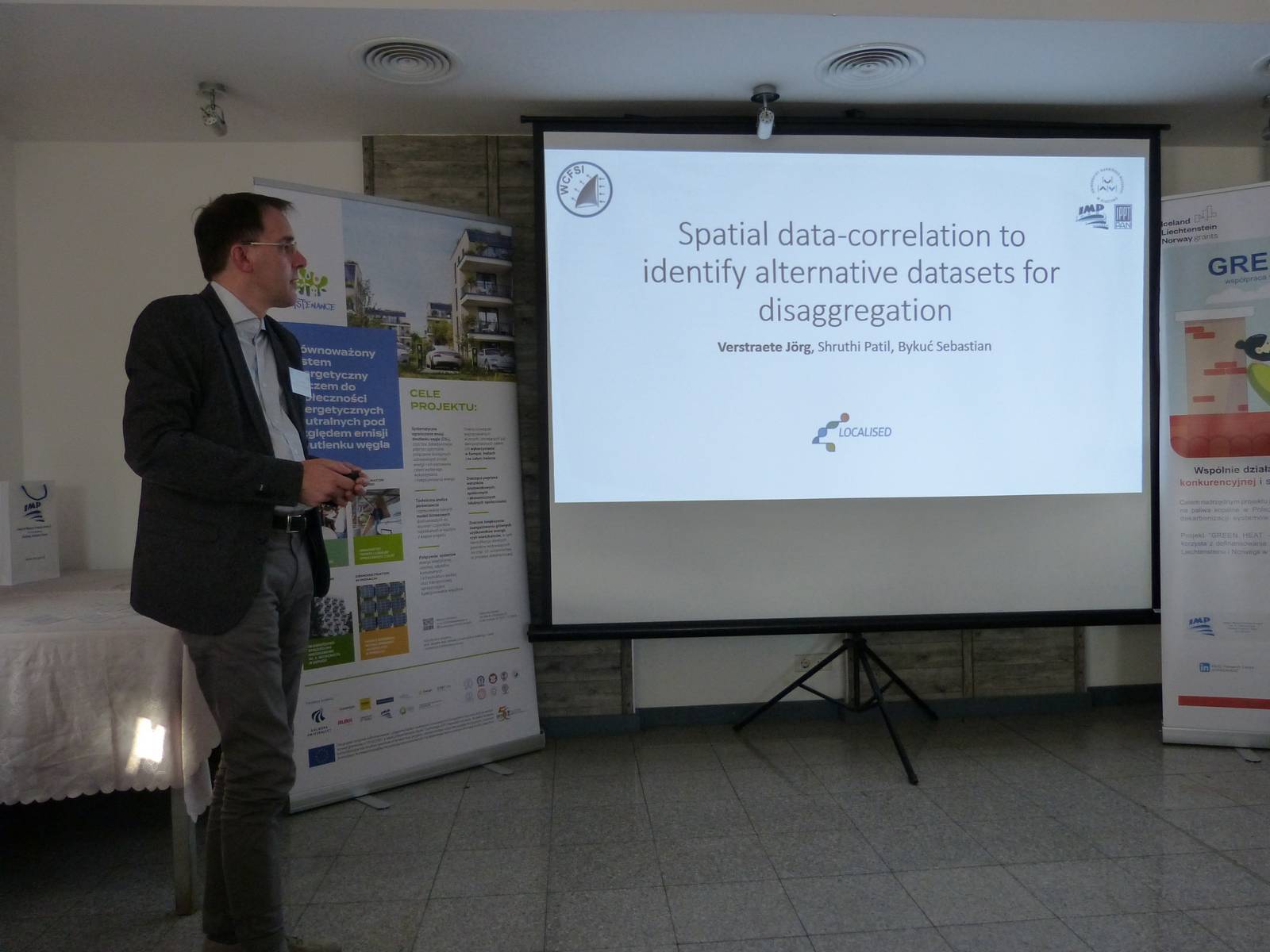
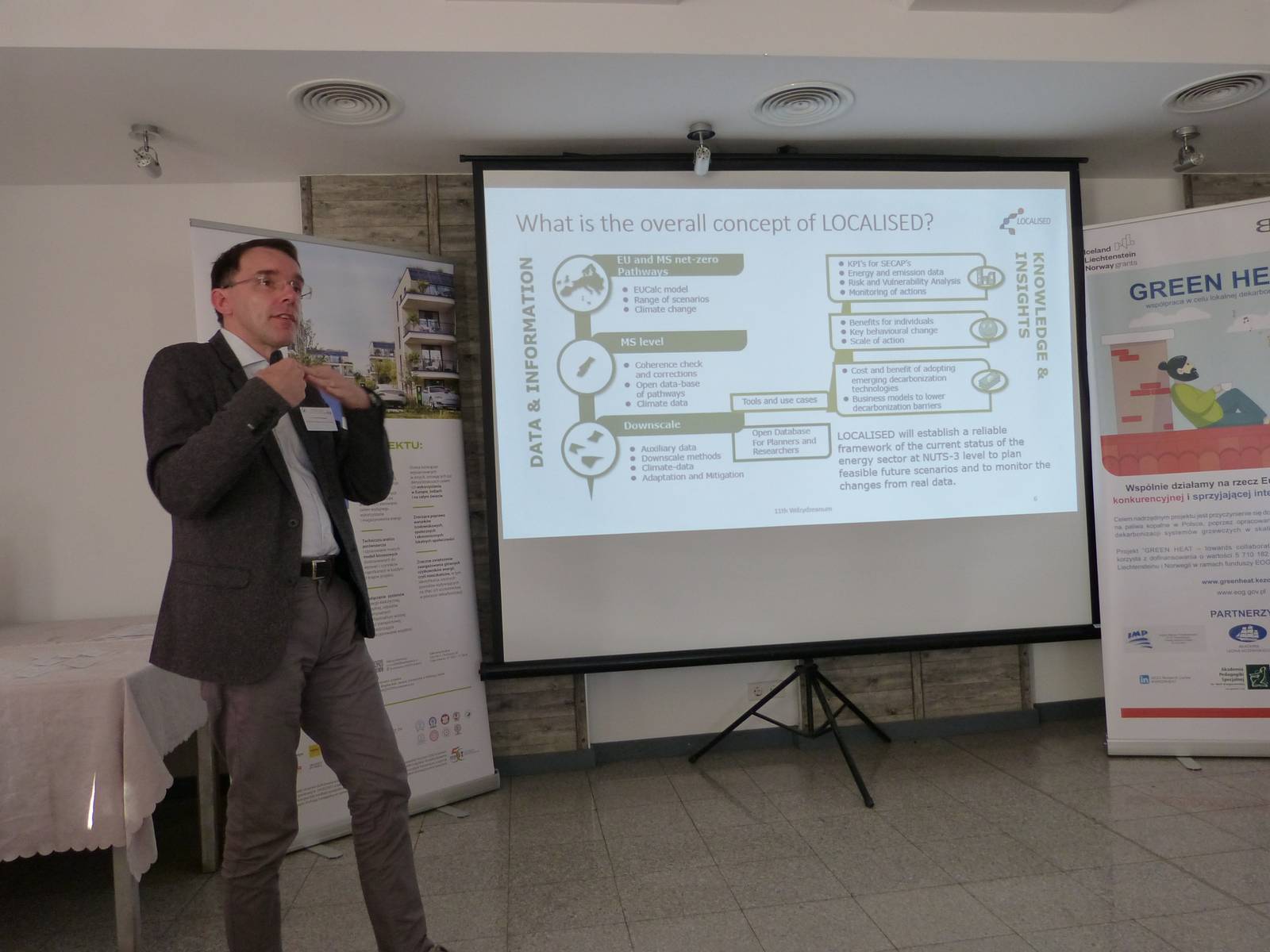
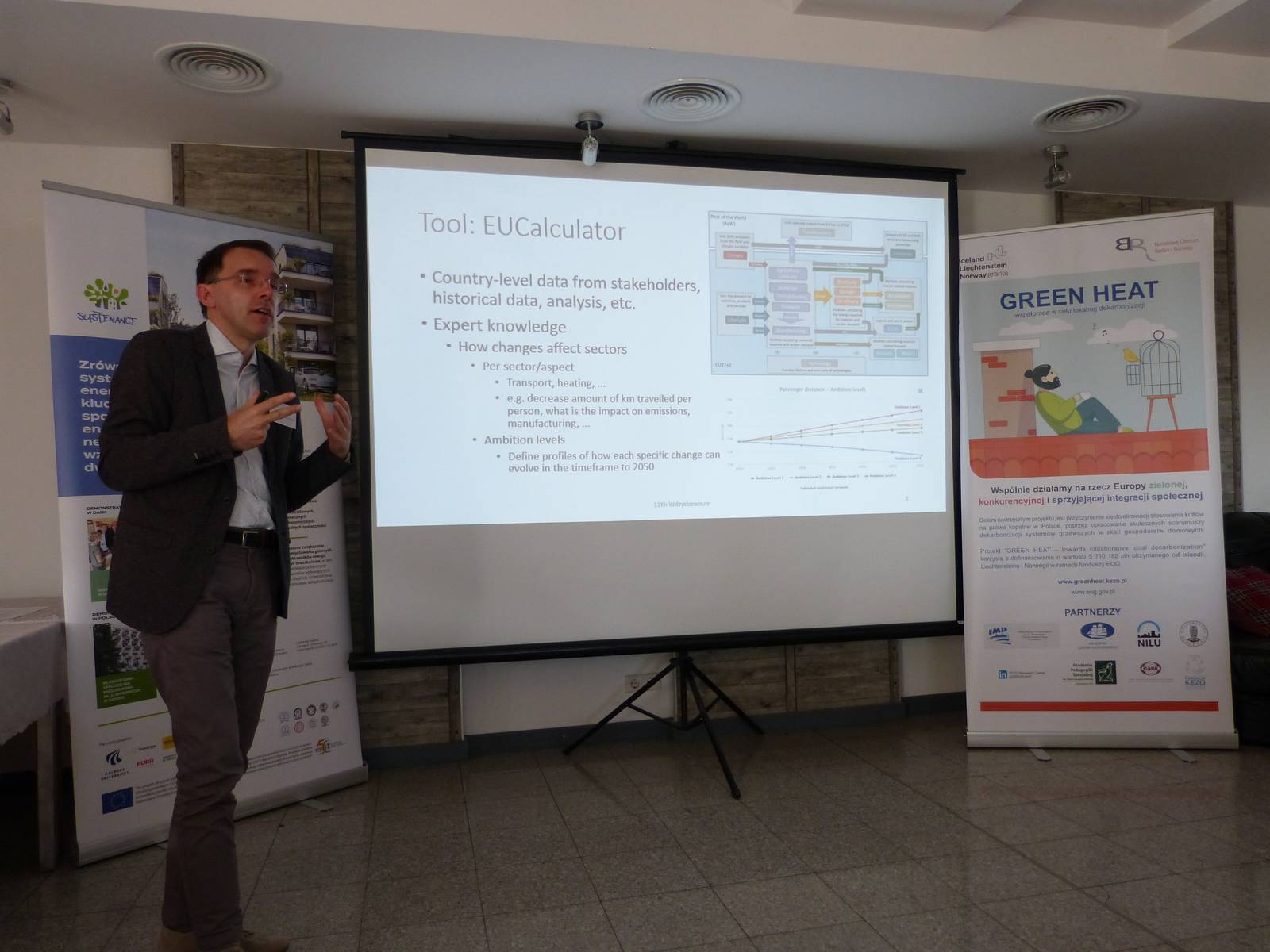
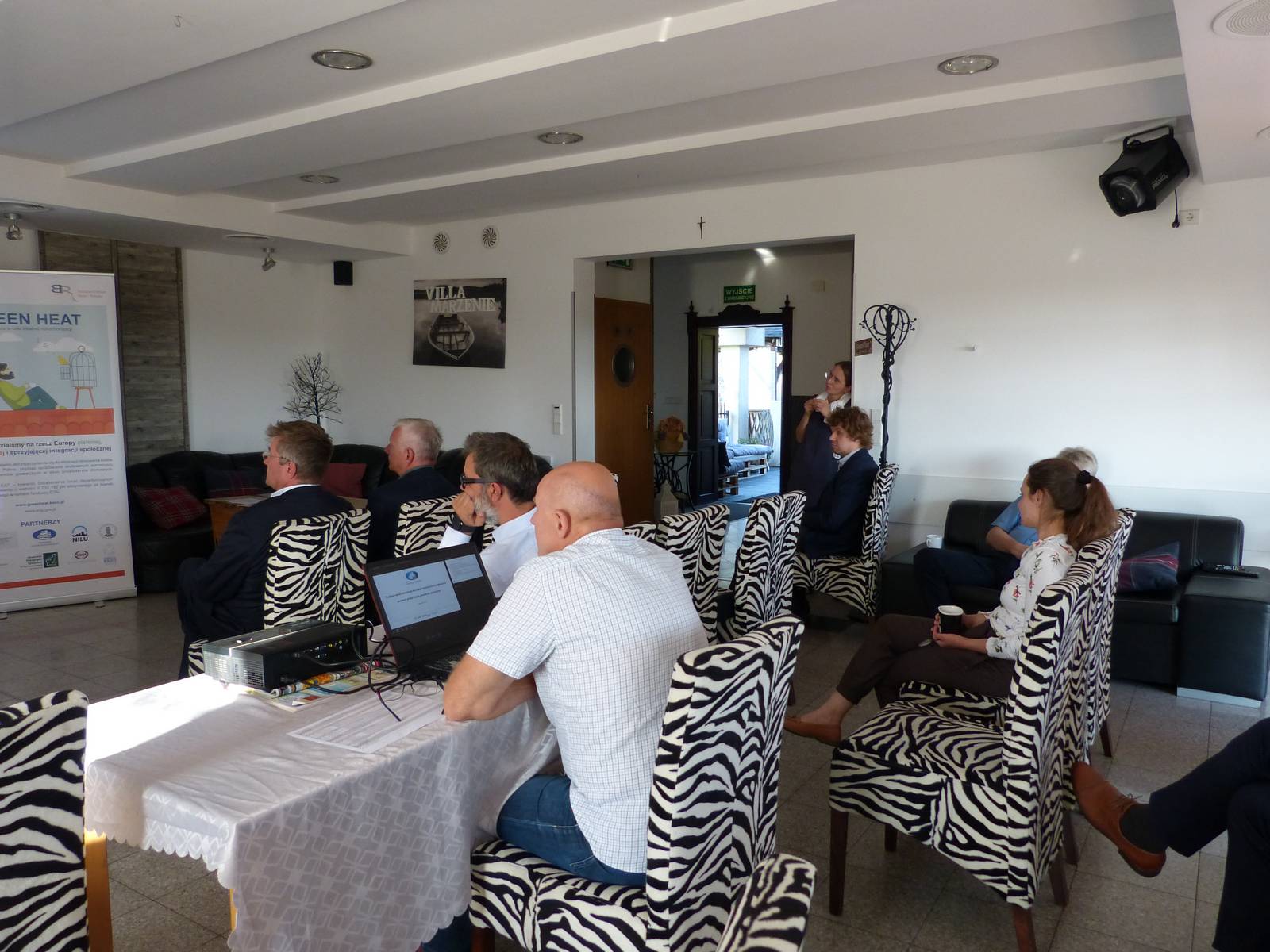
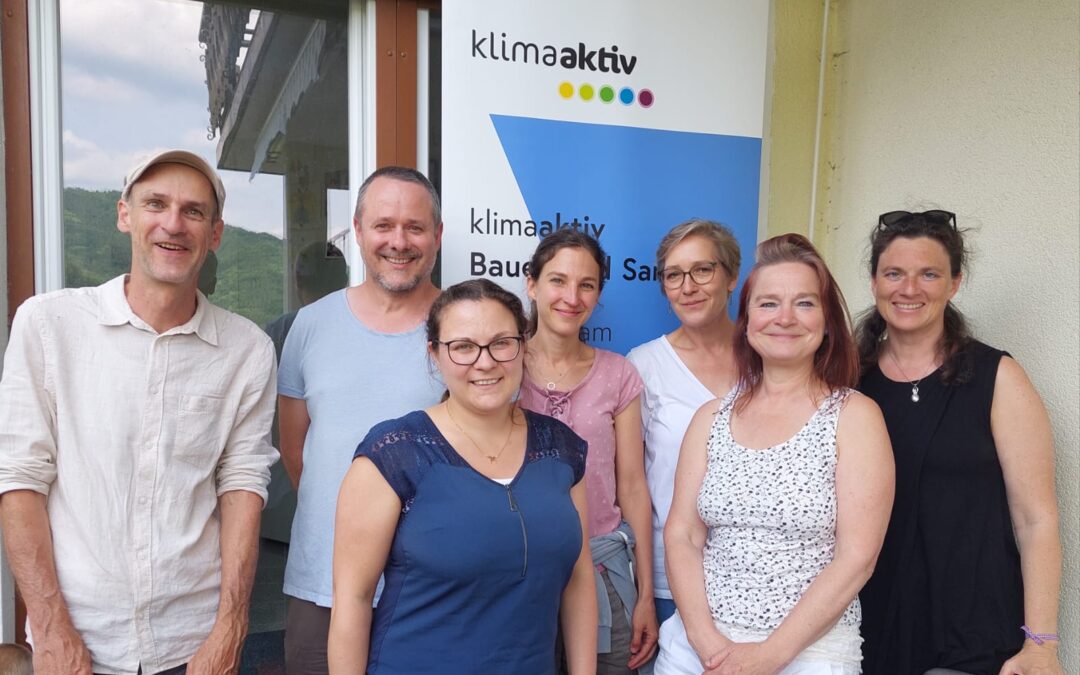
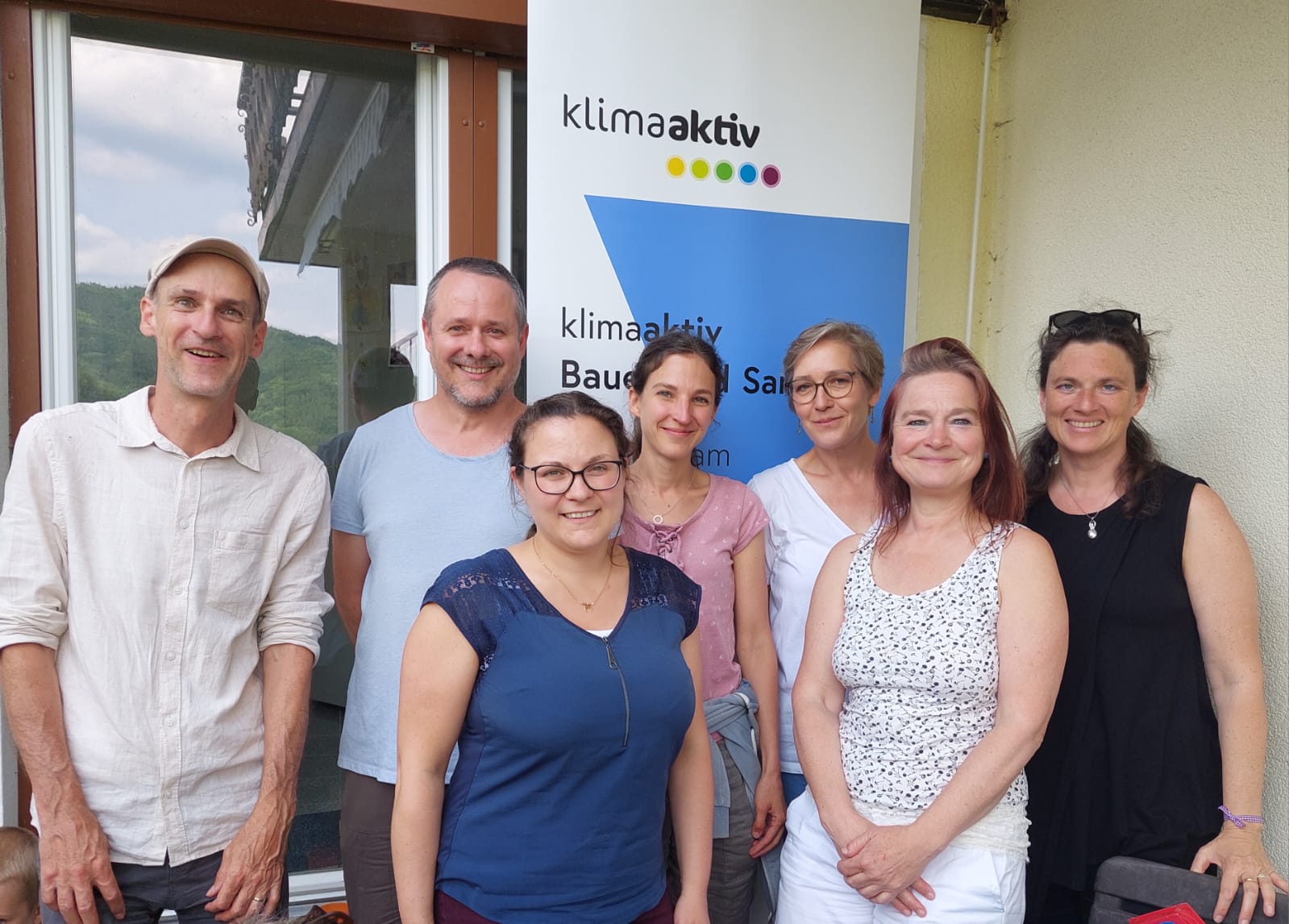
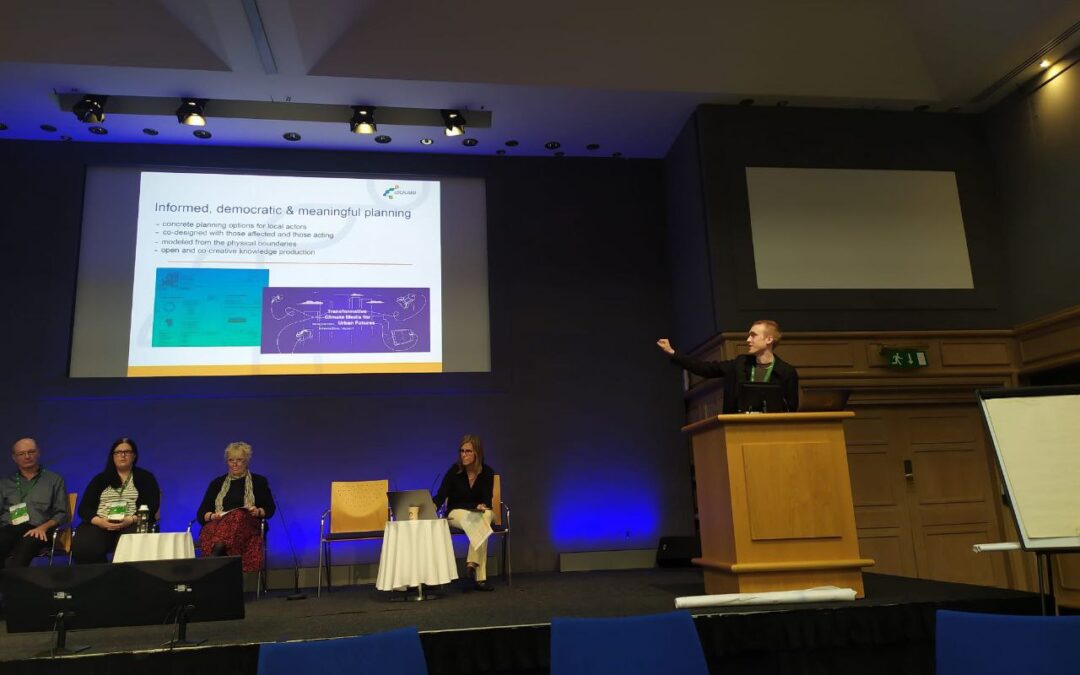
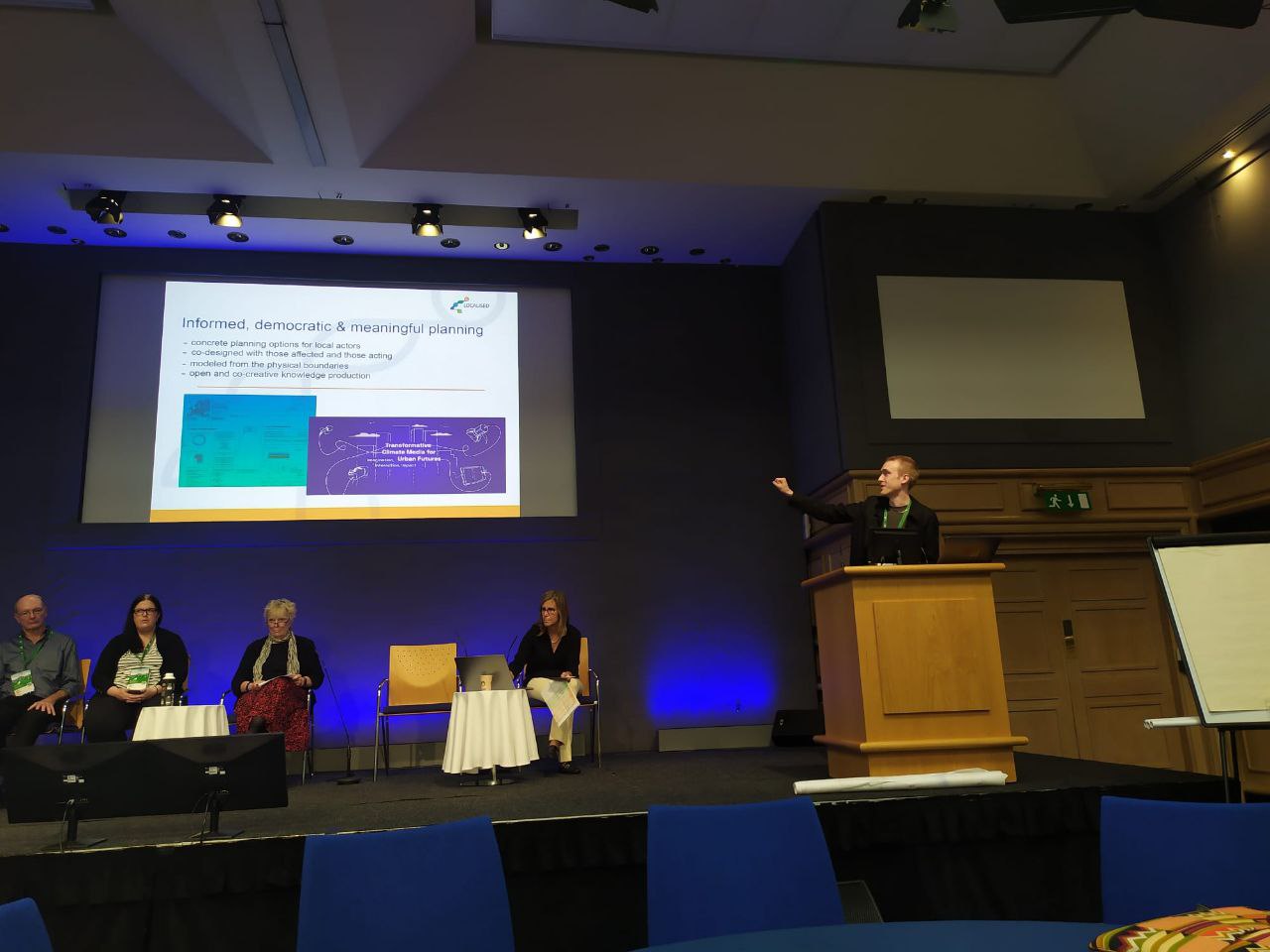
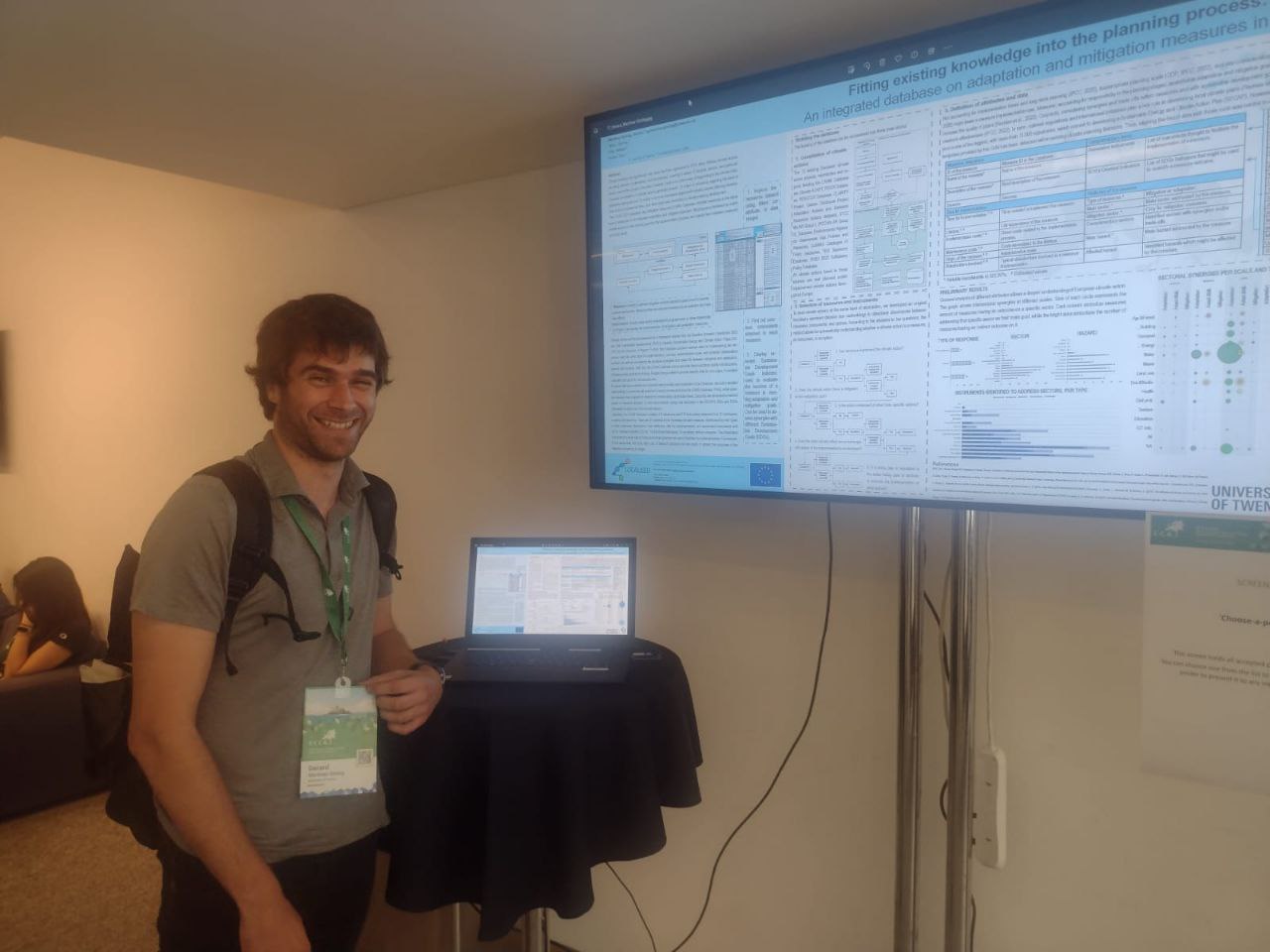
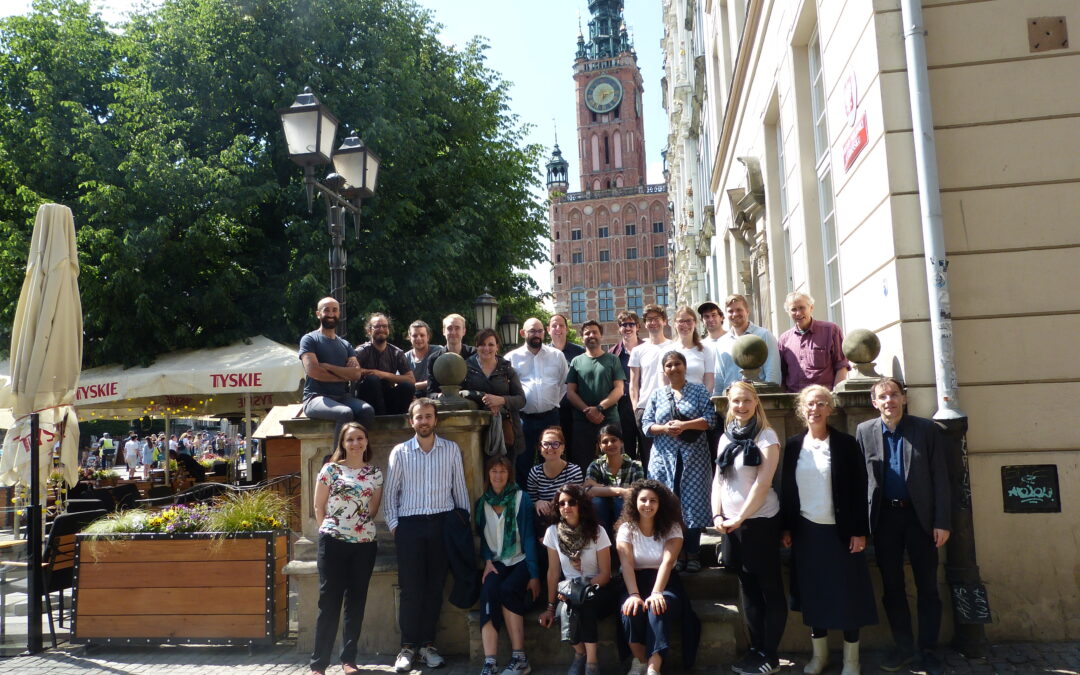
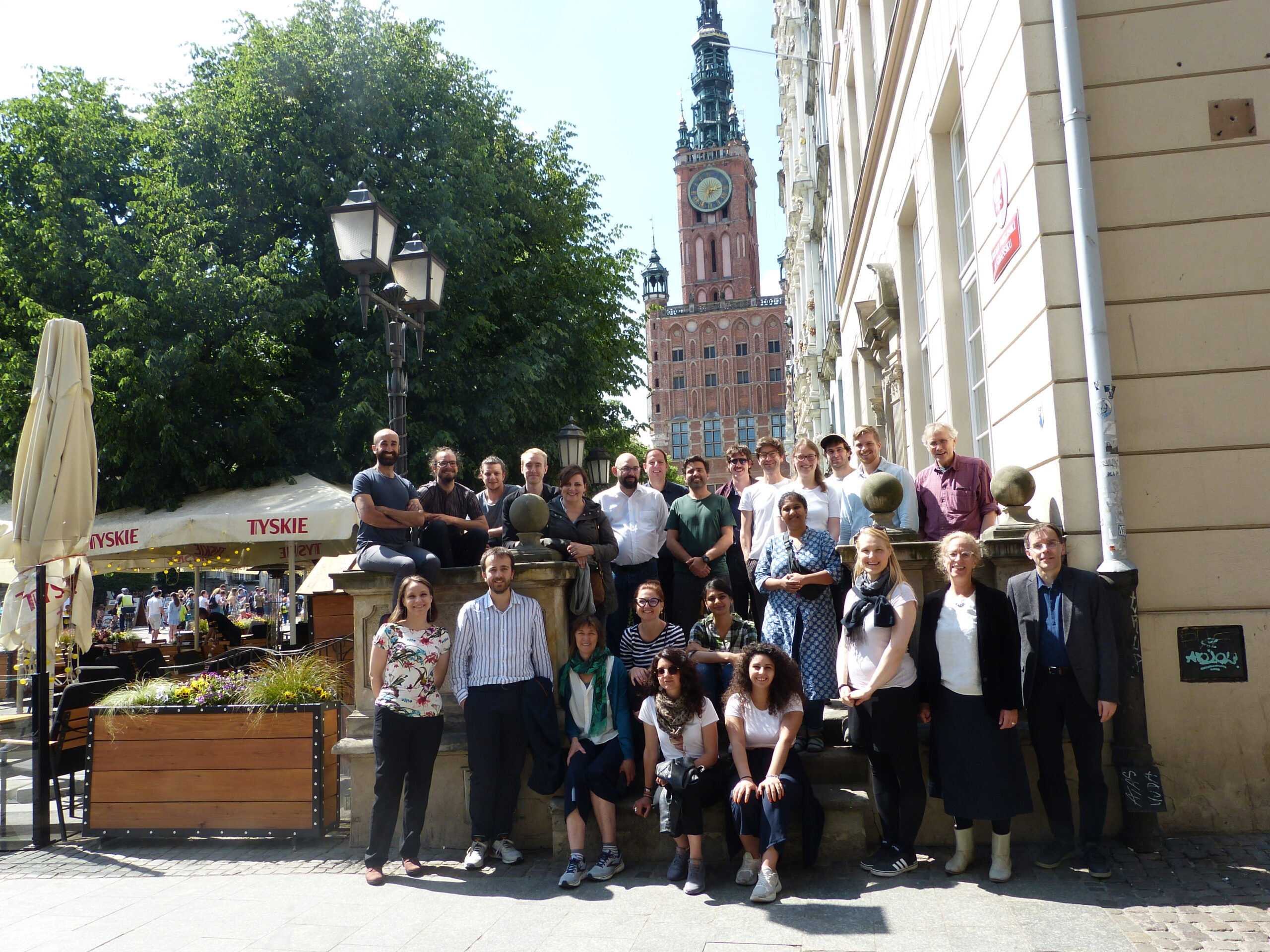
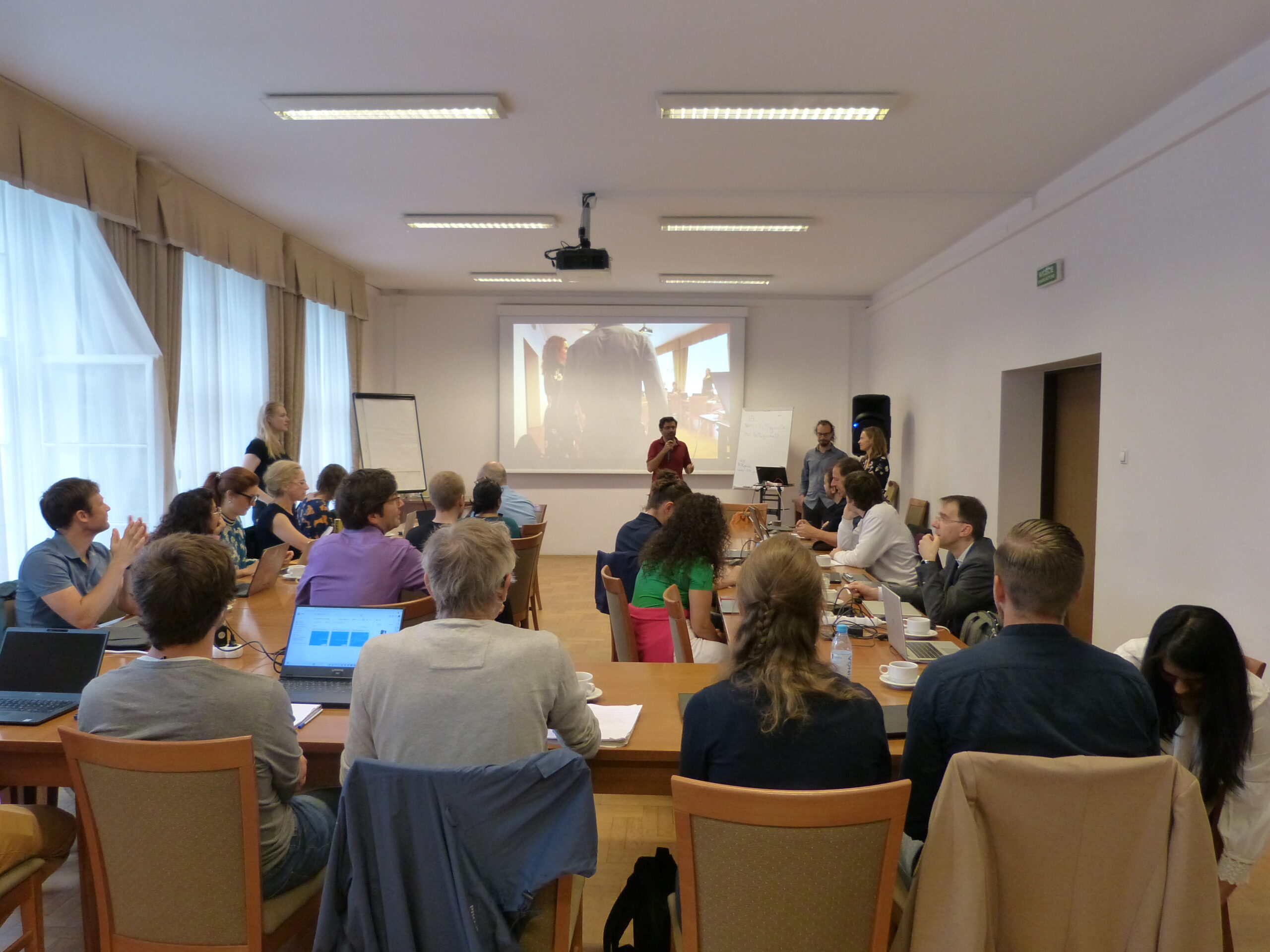
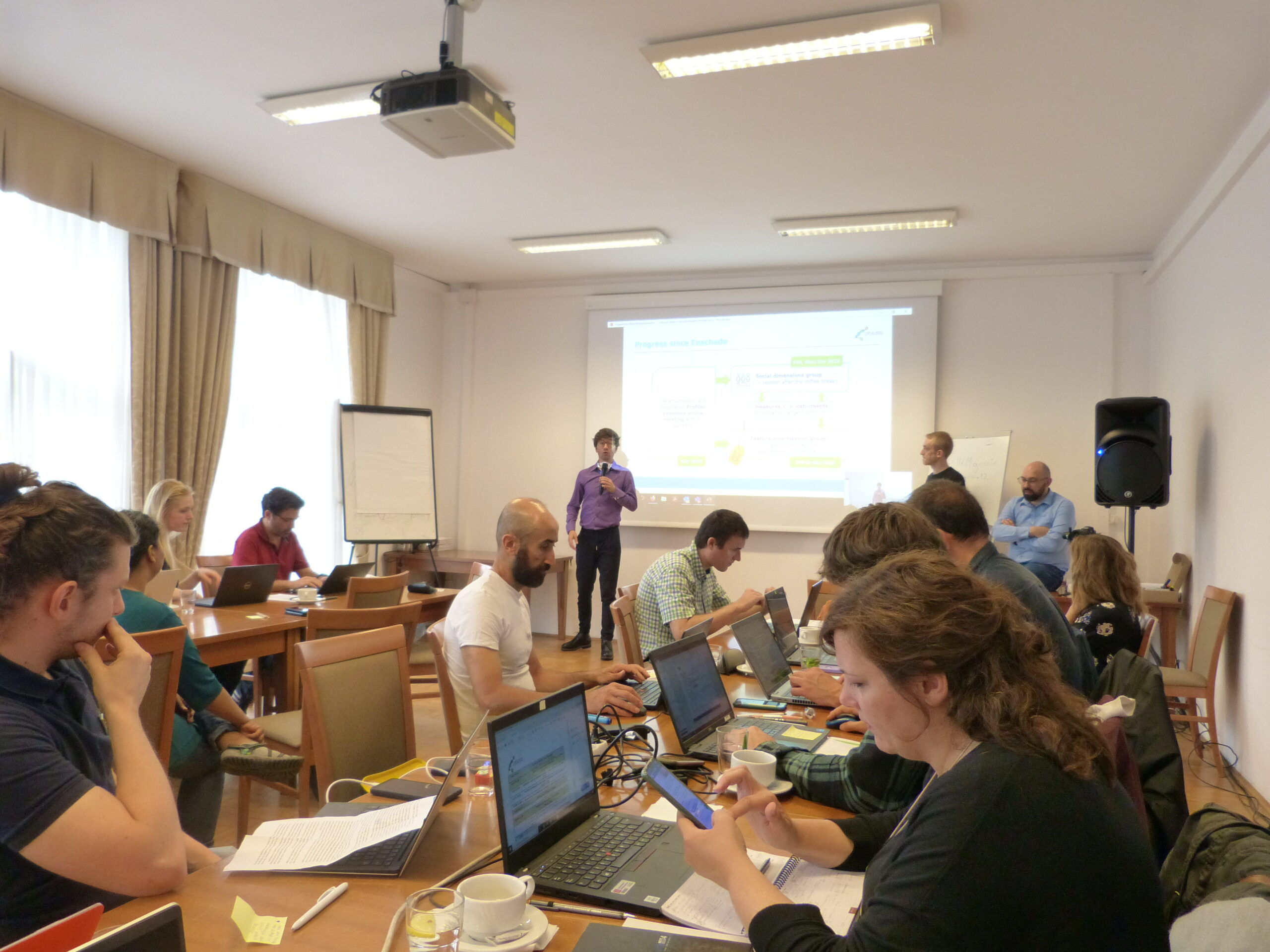
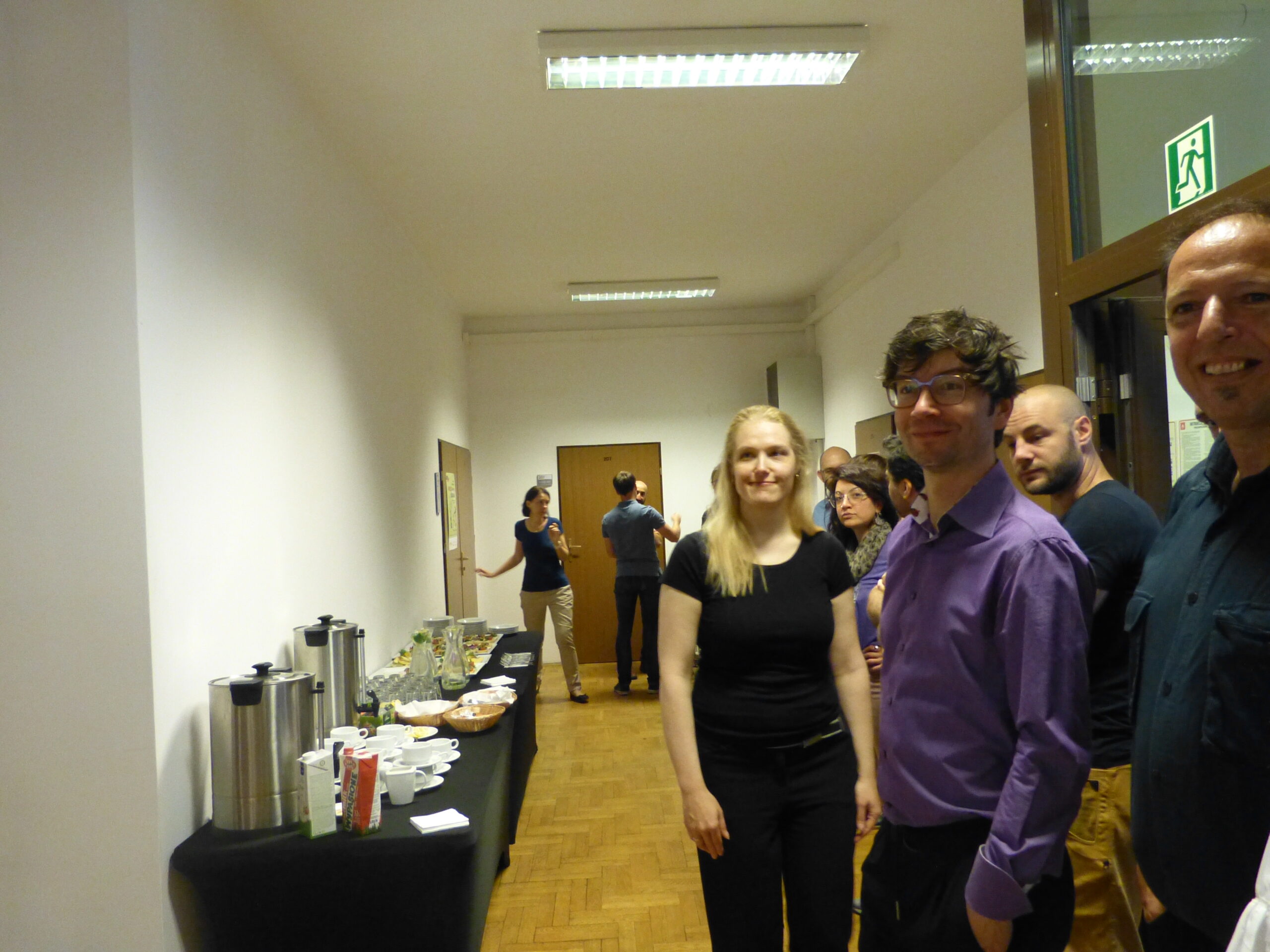
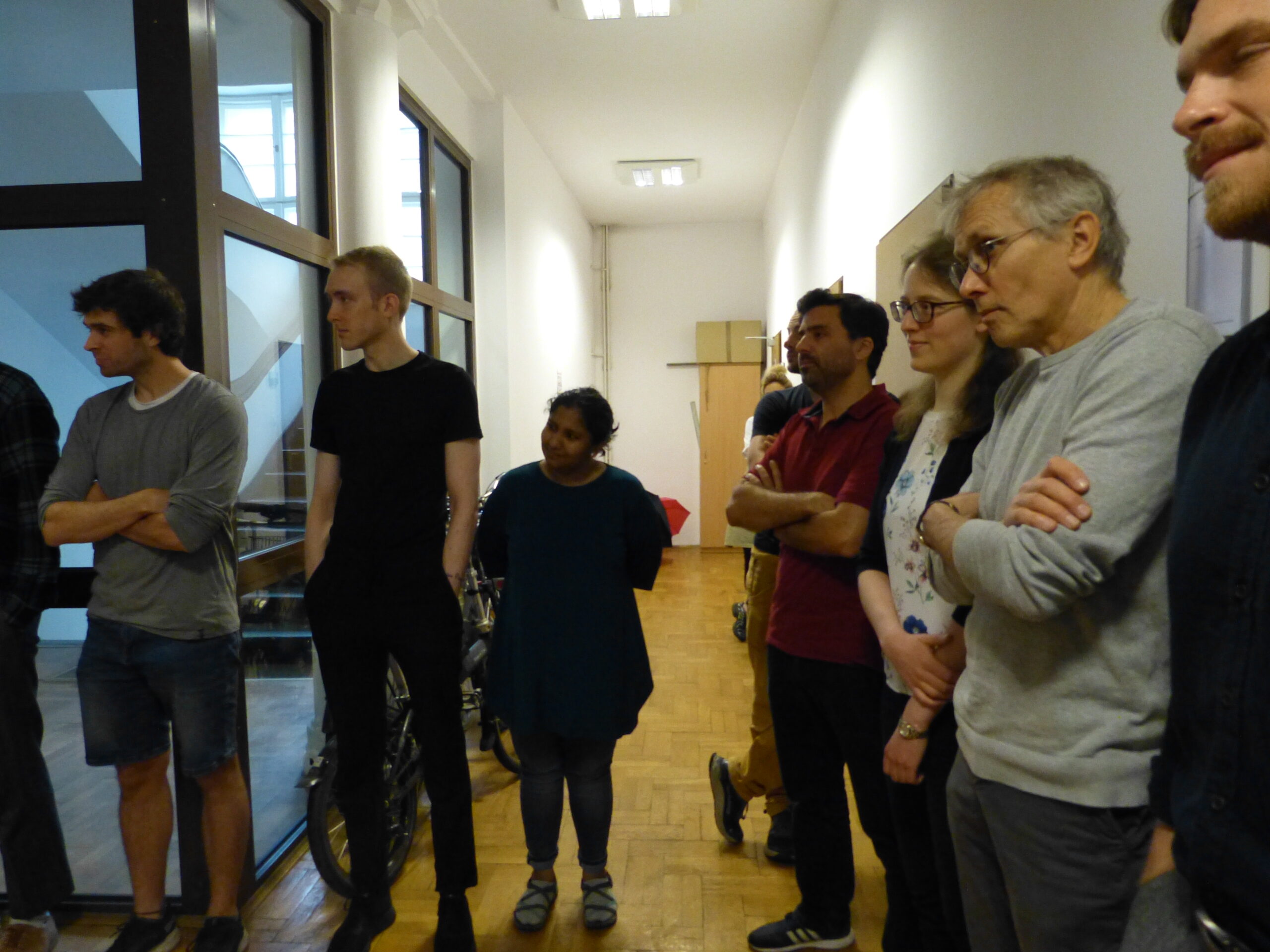
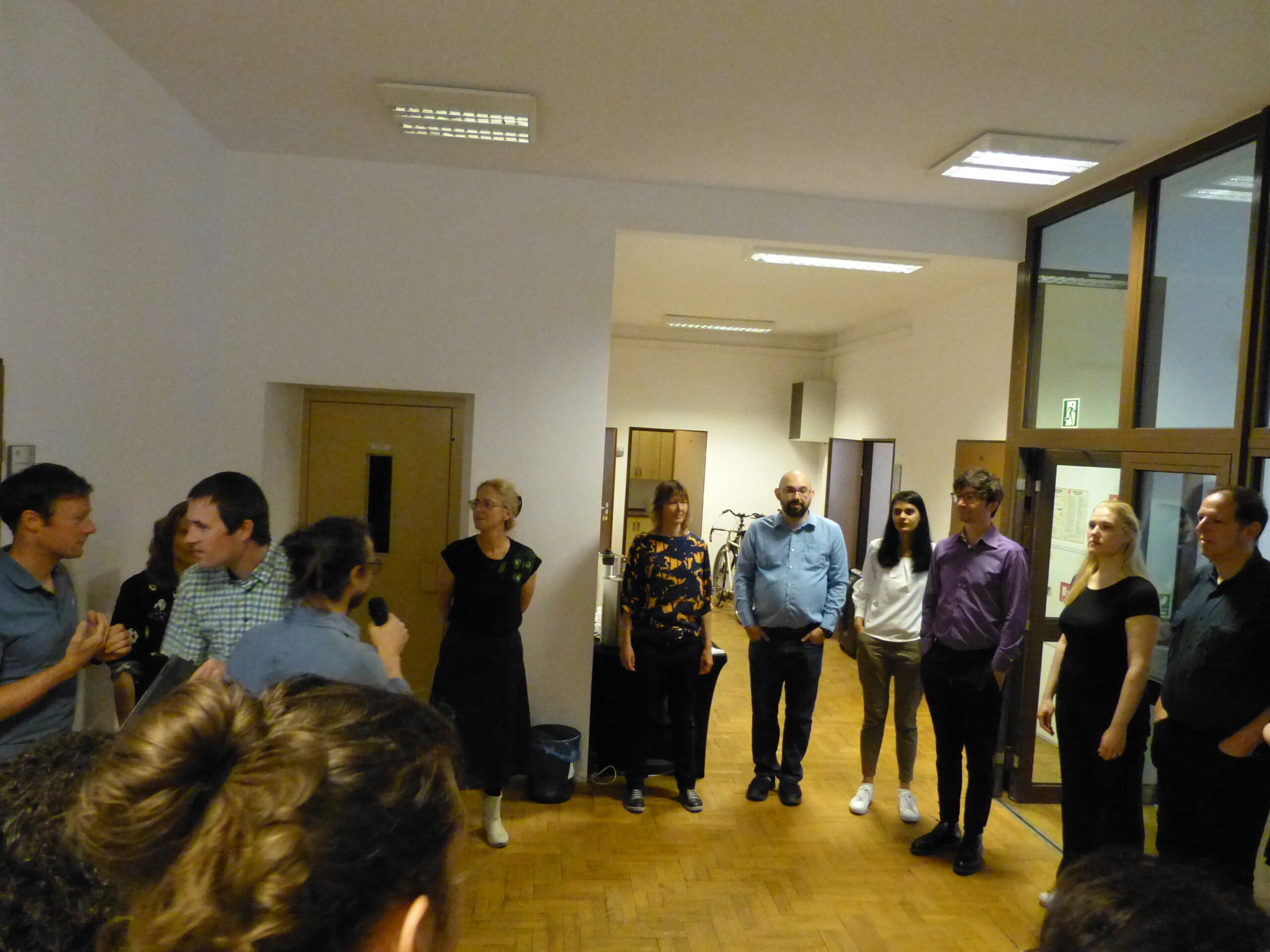
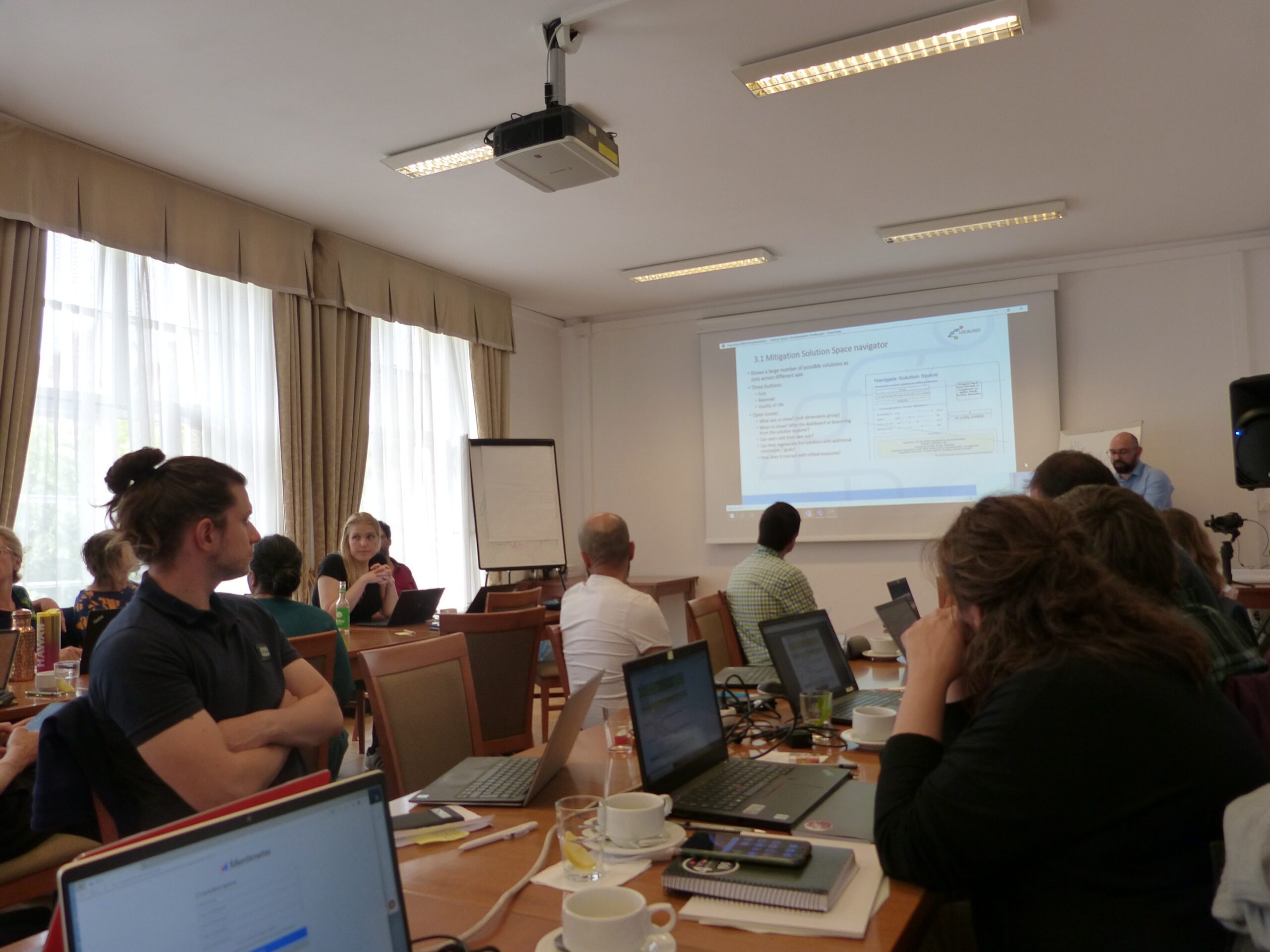
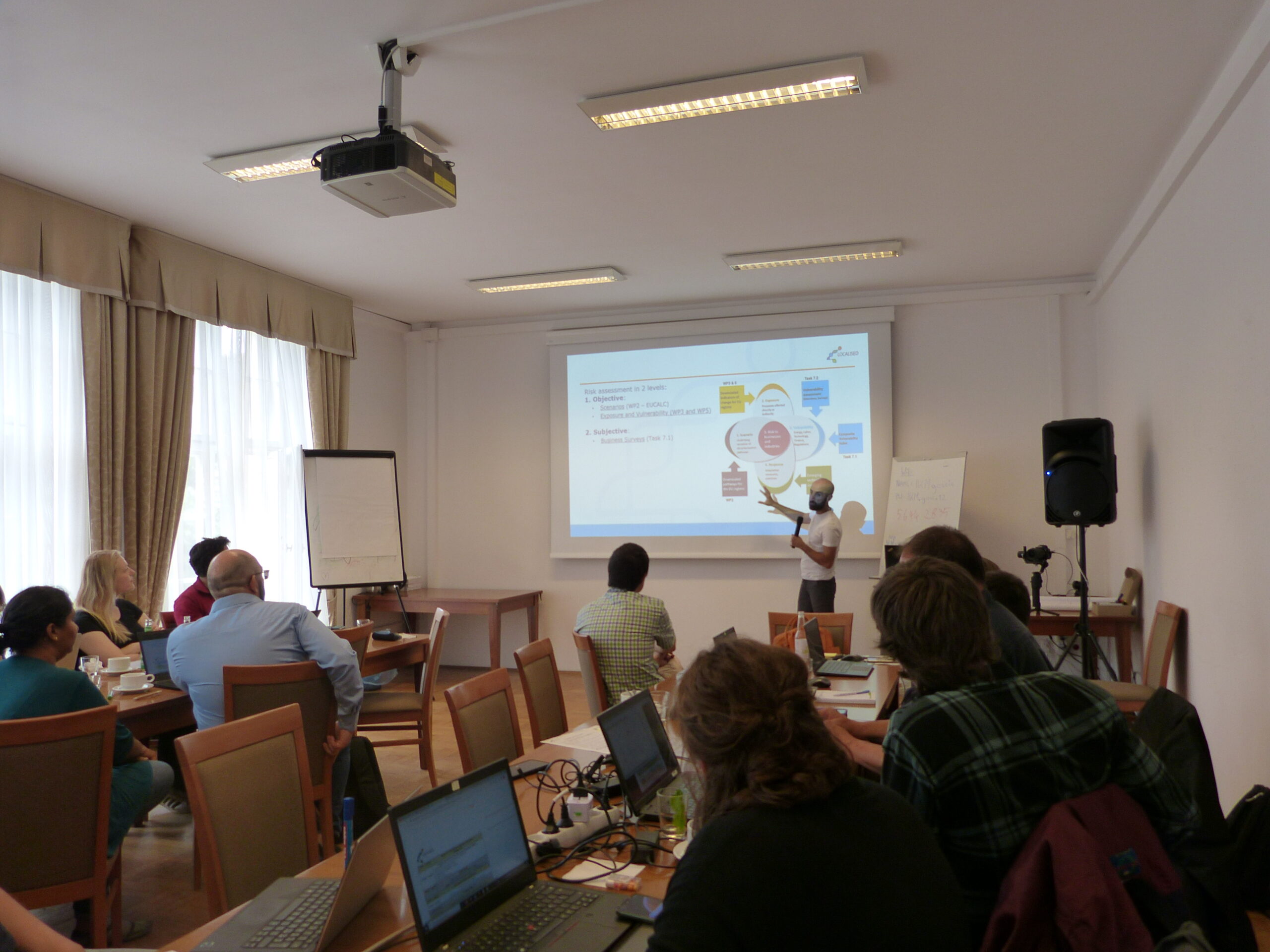
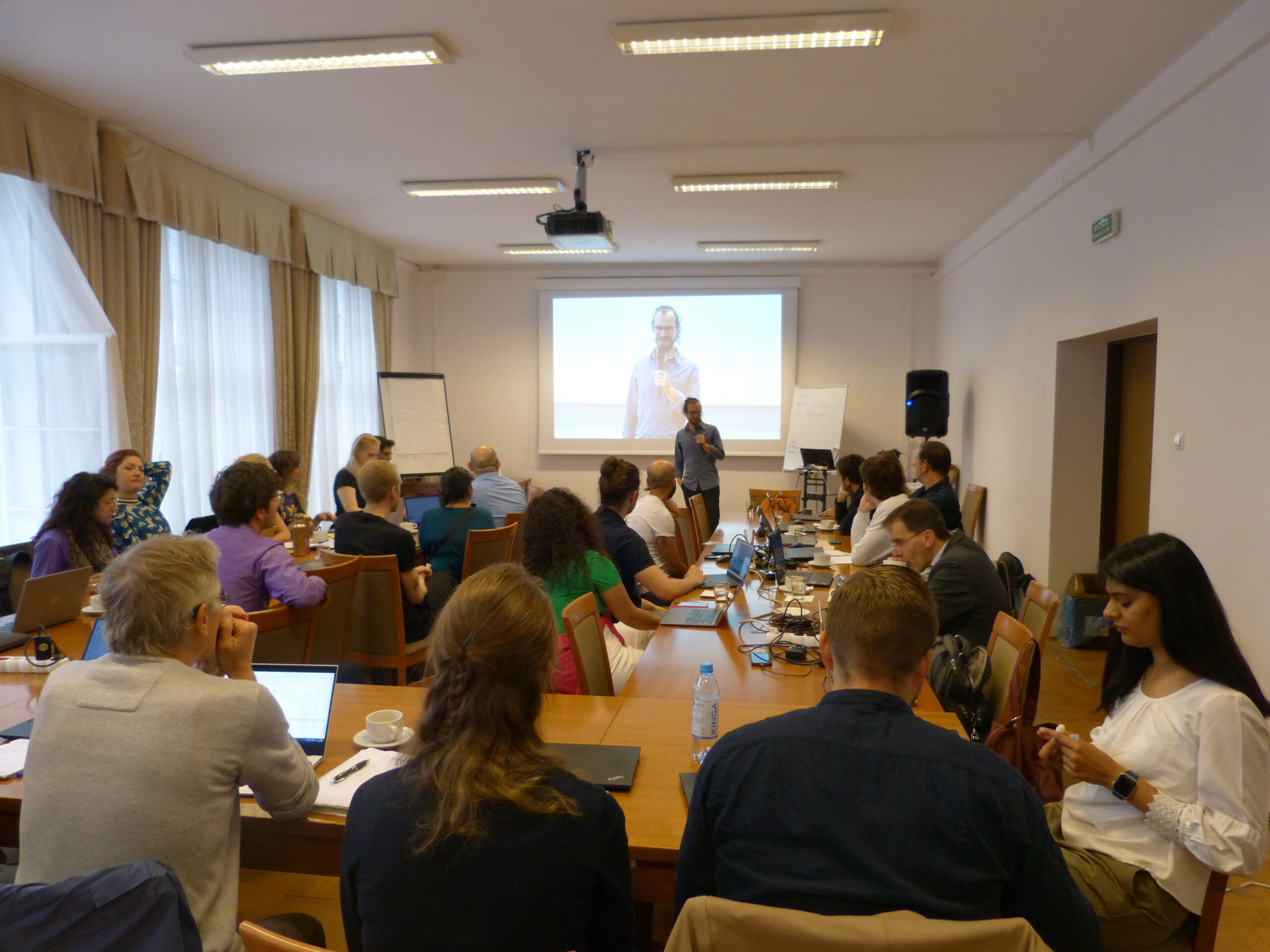
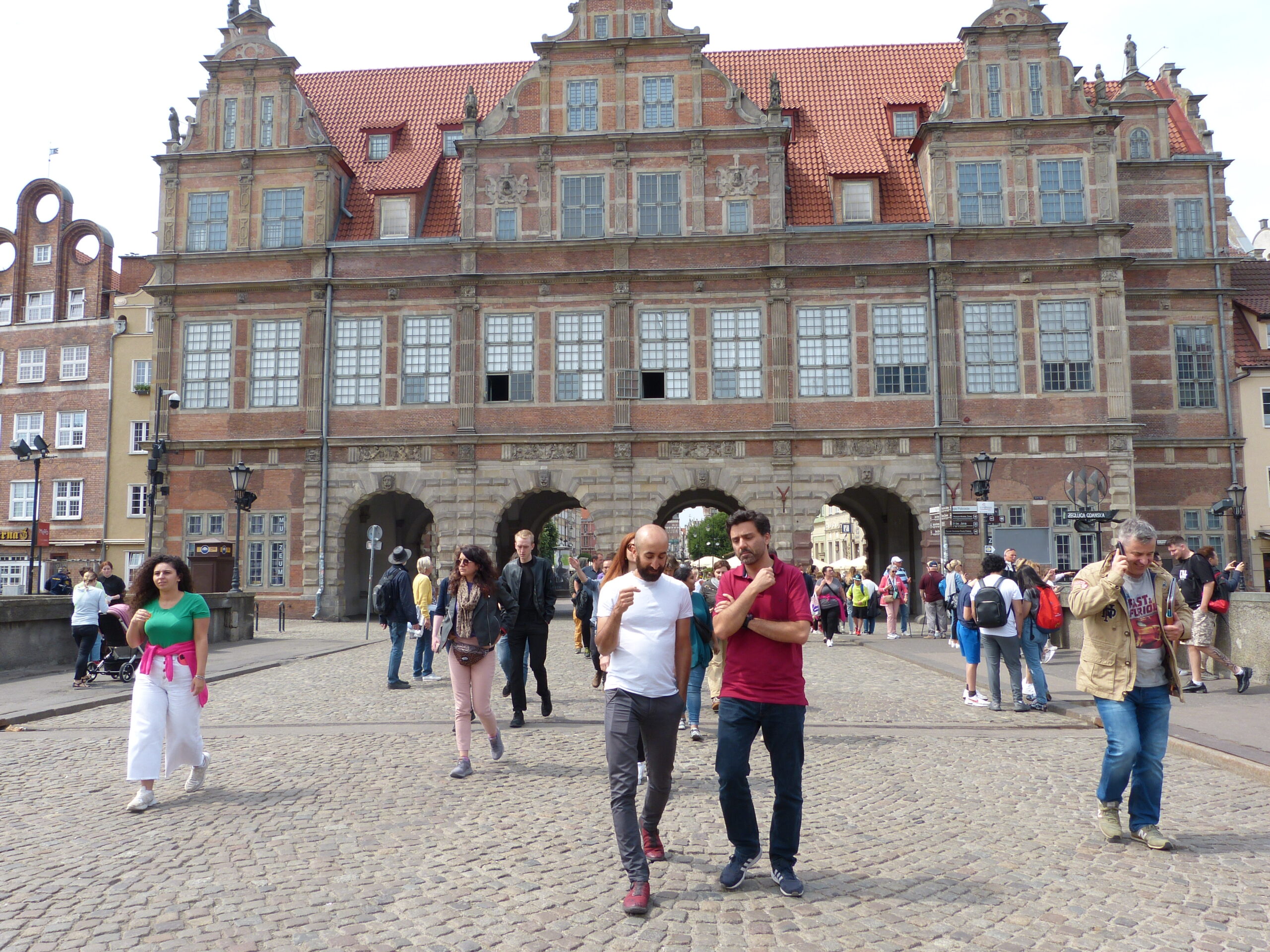
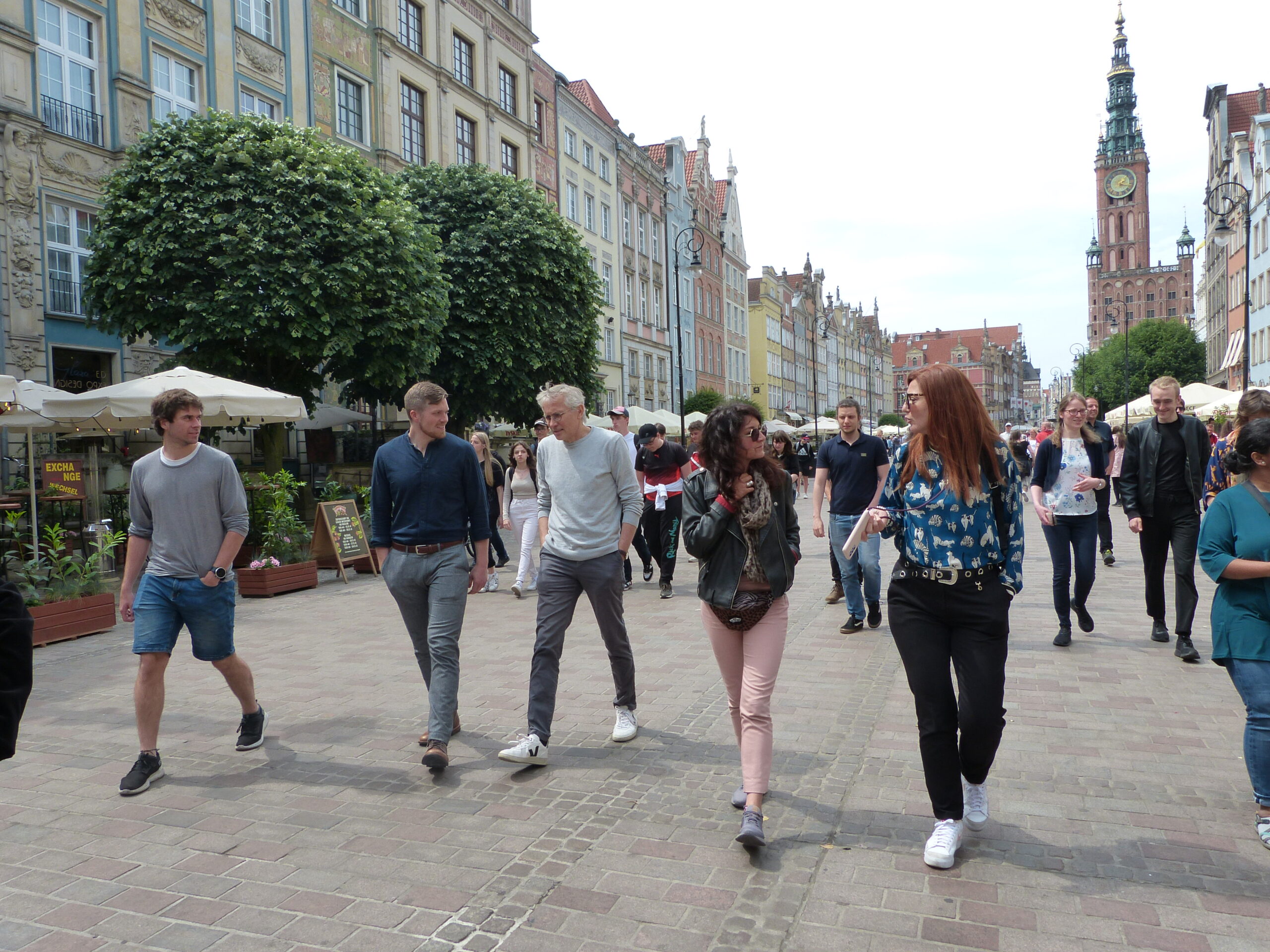
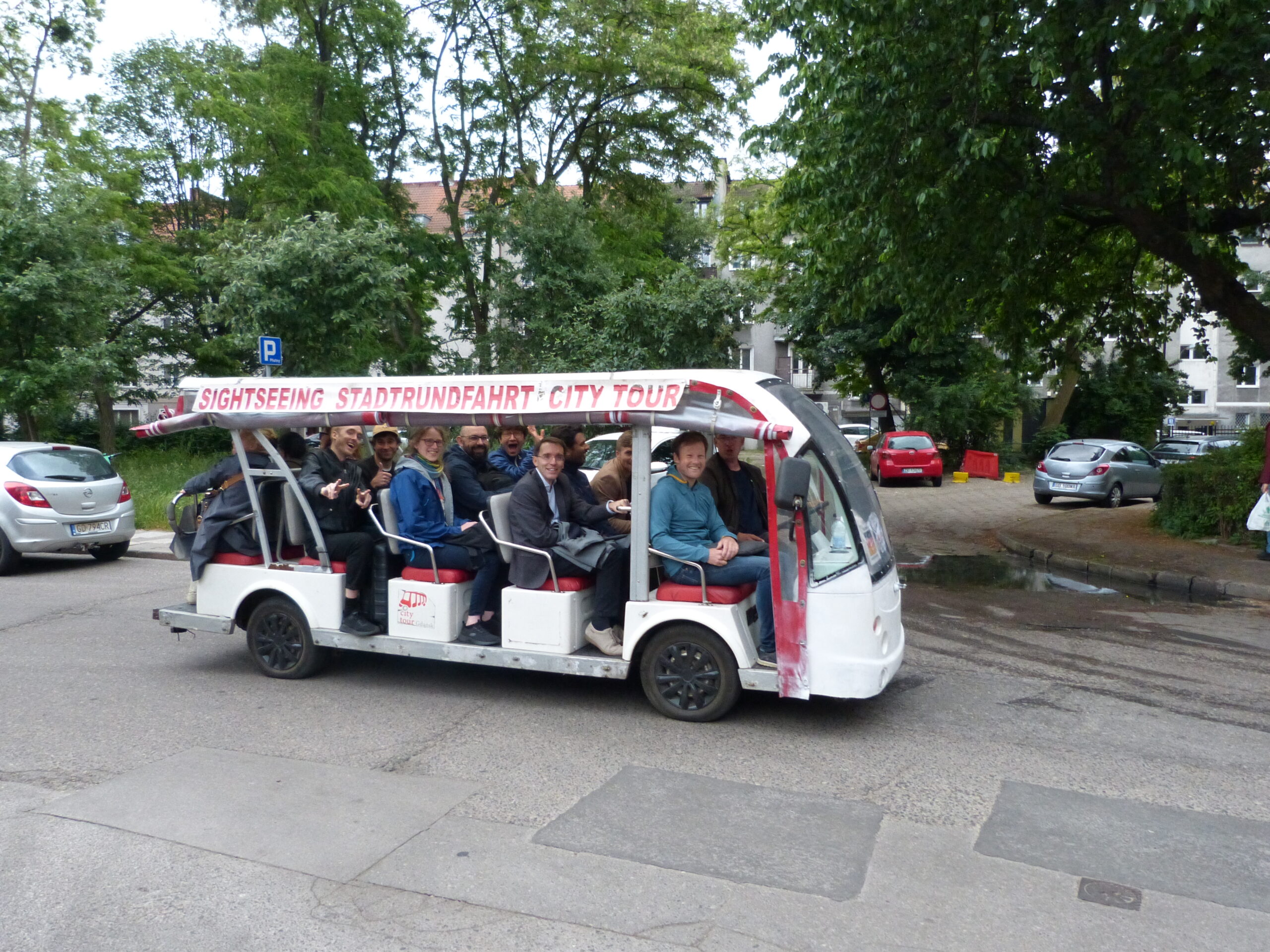
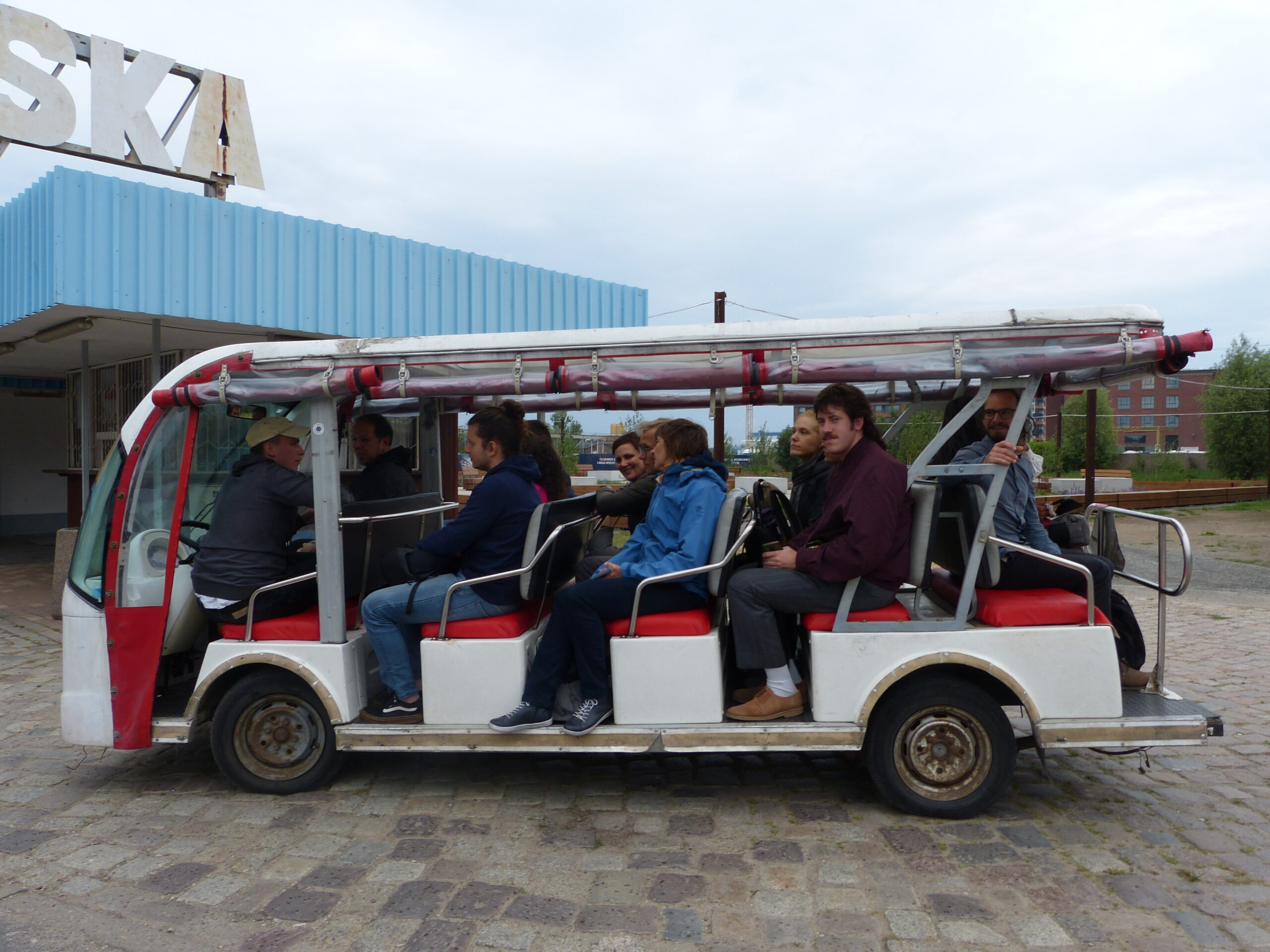
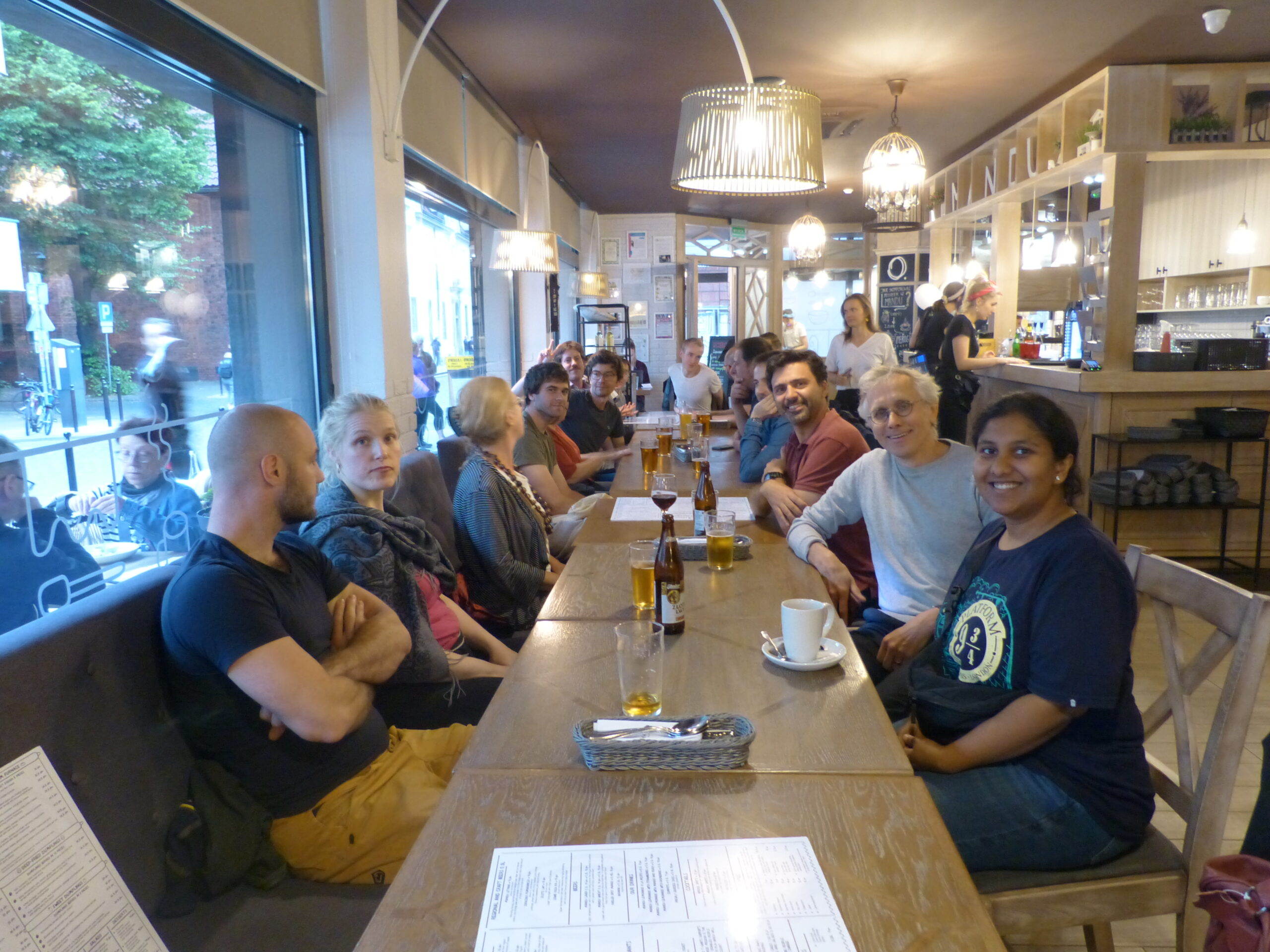
Recent Comments